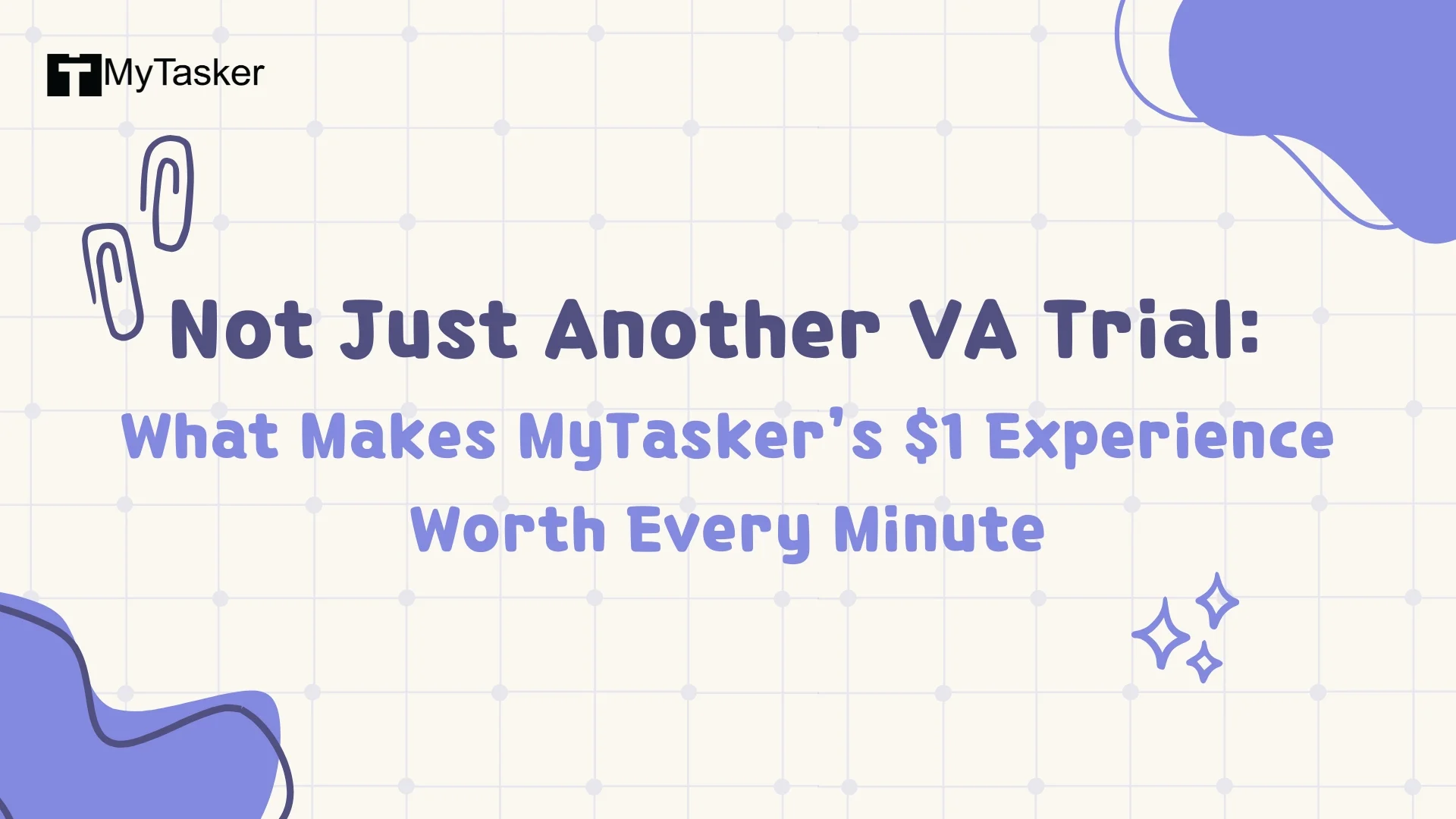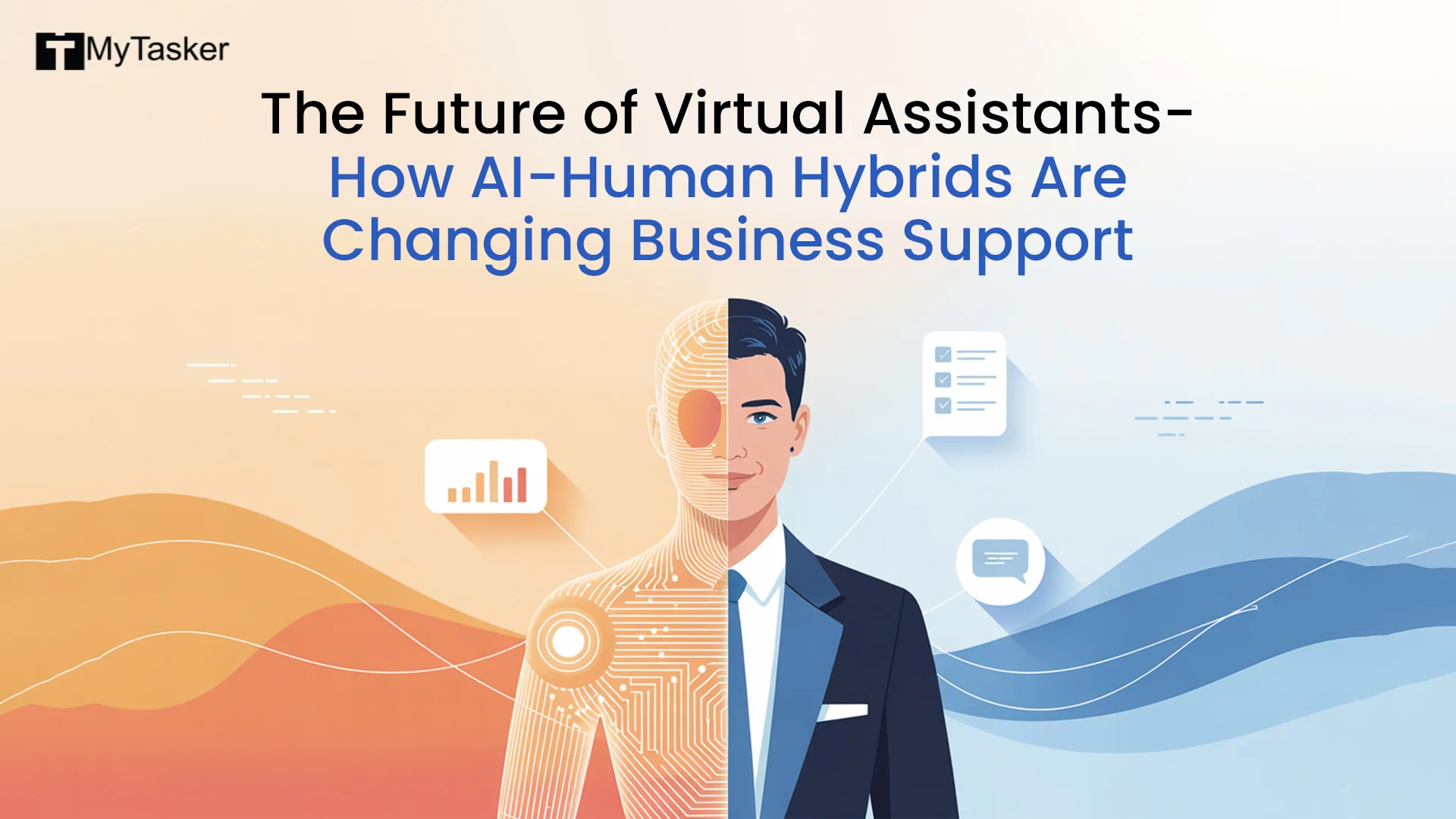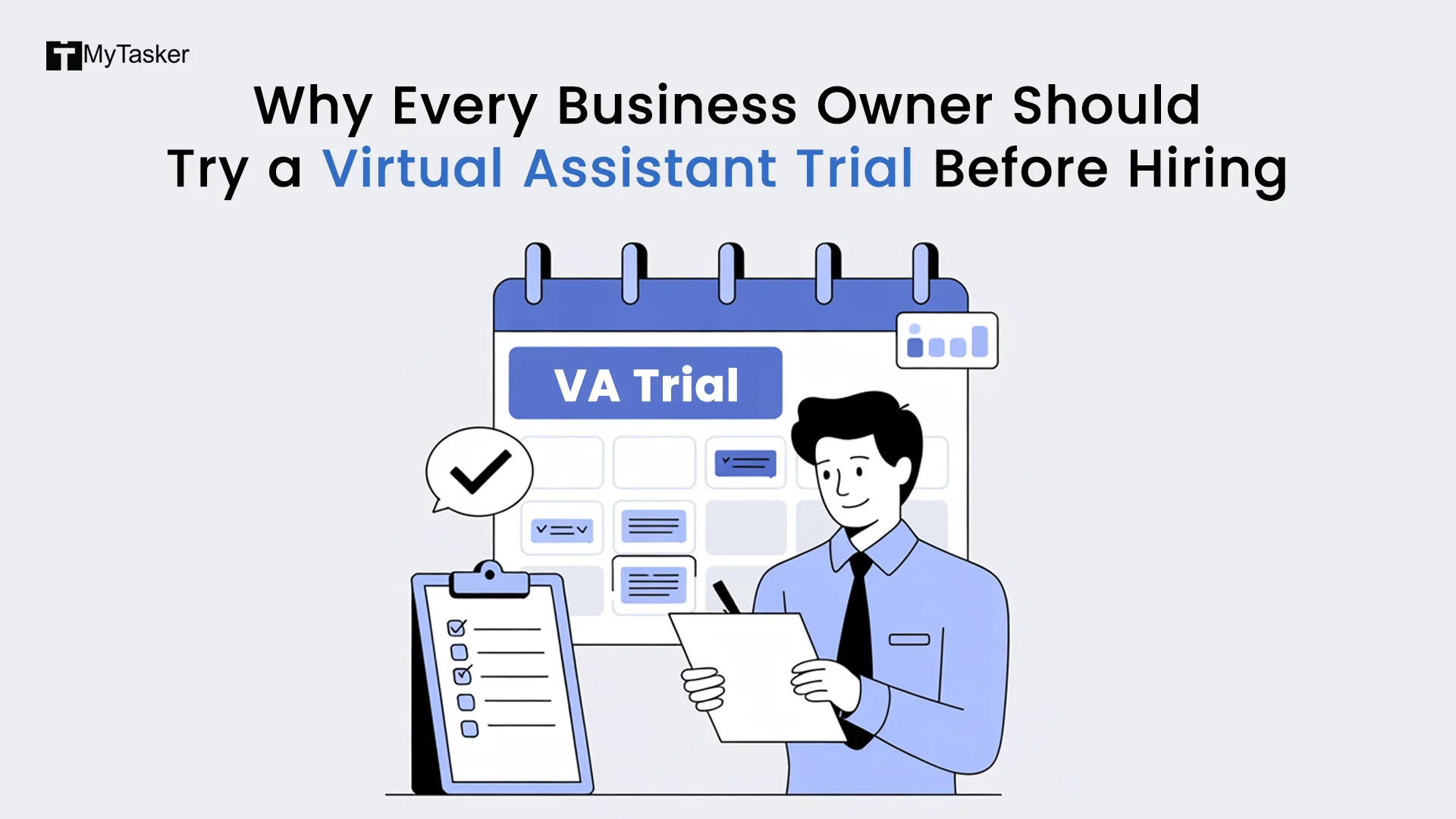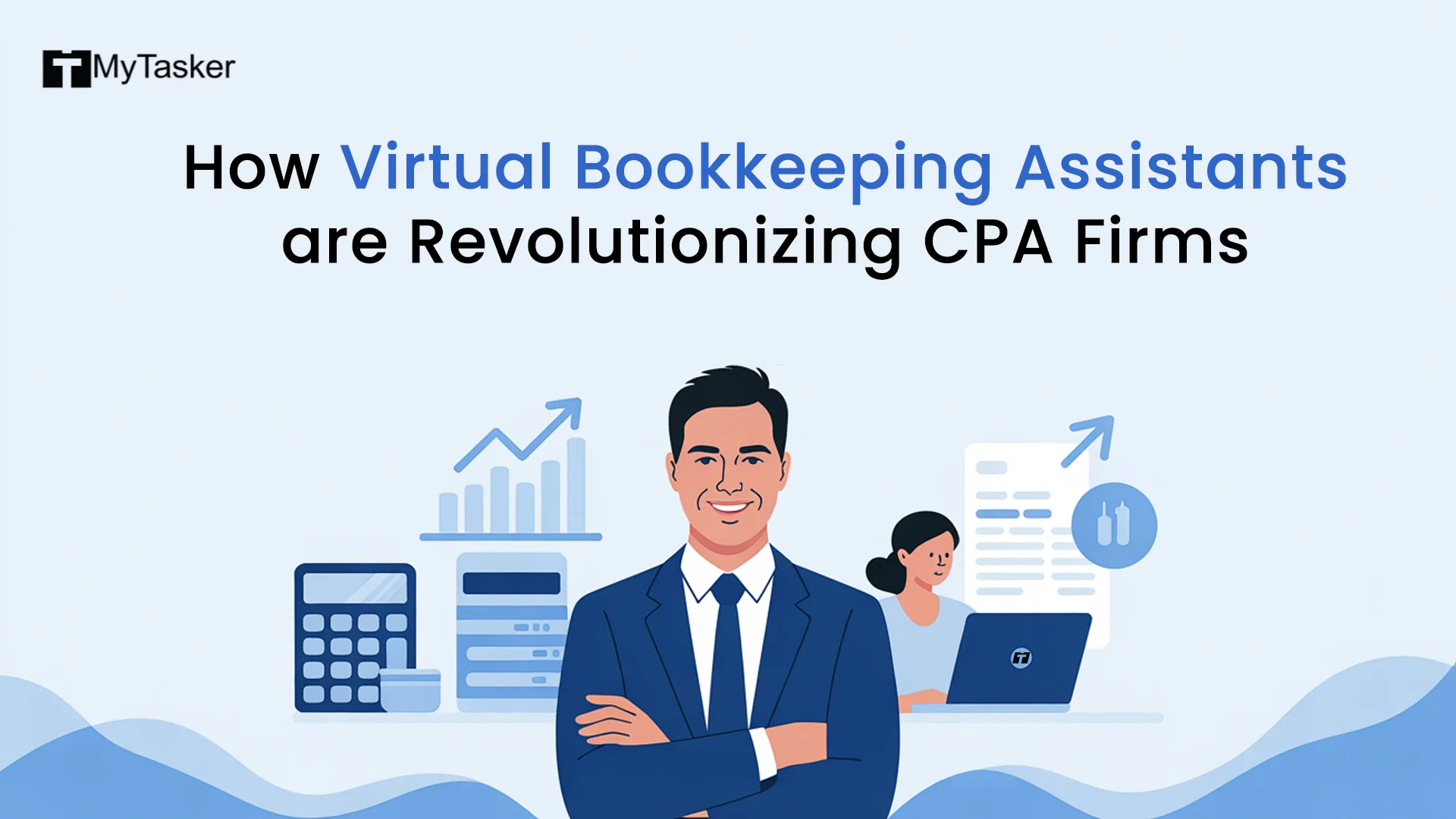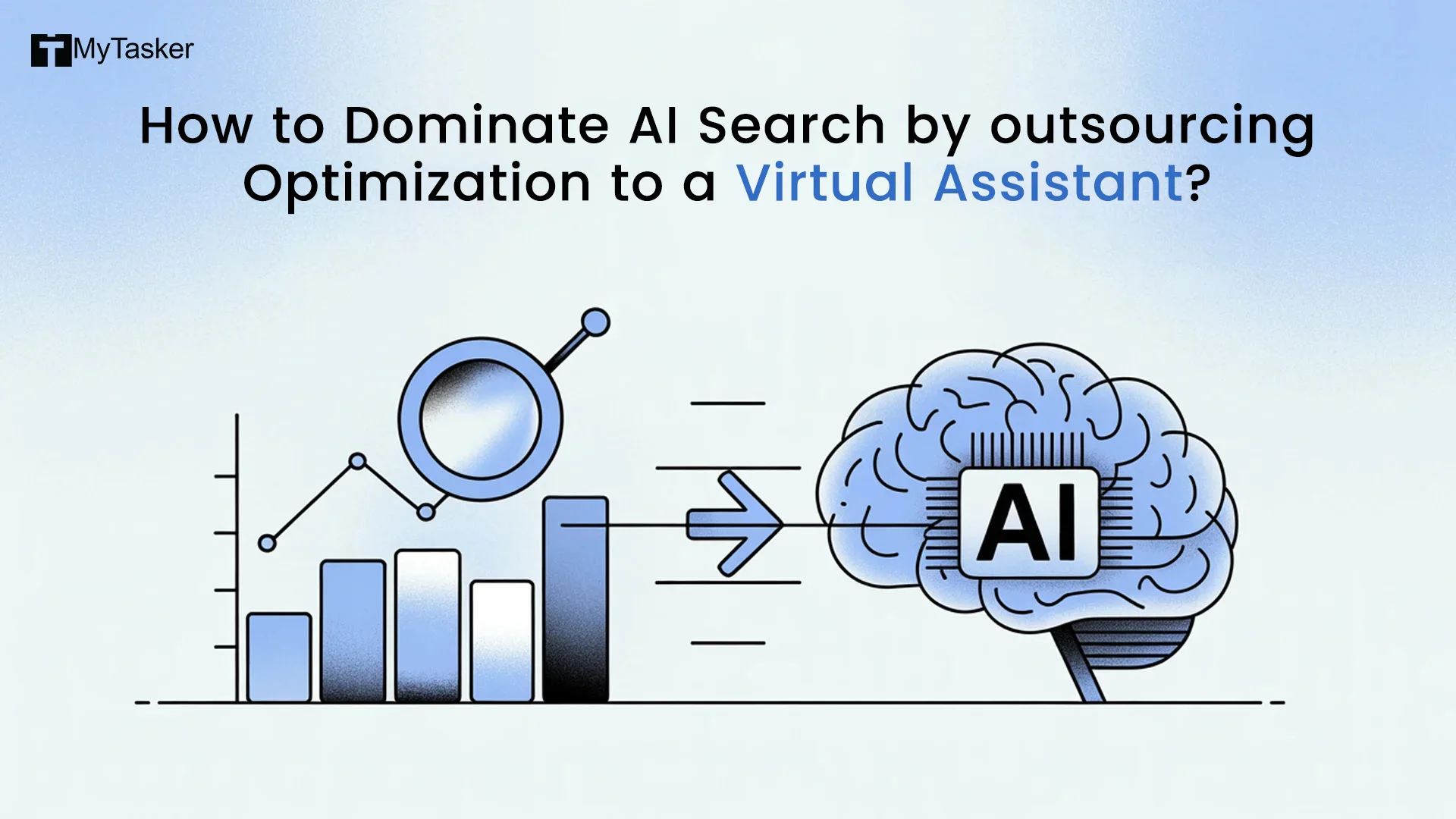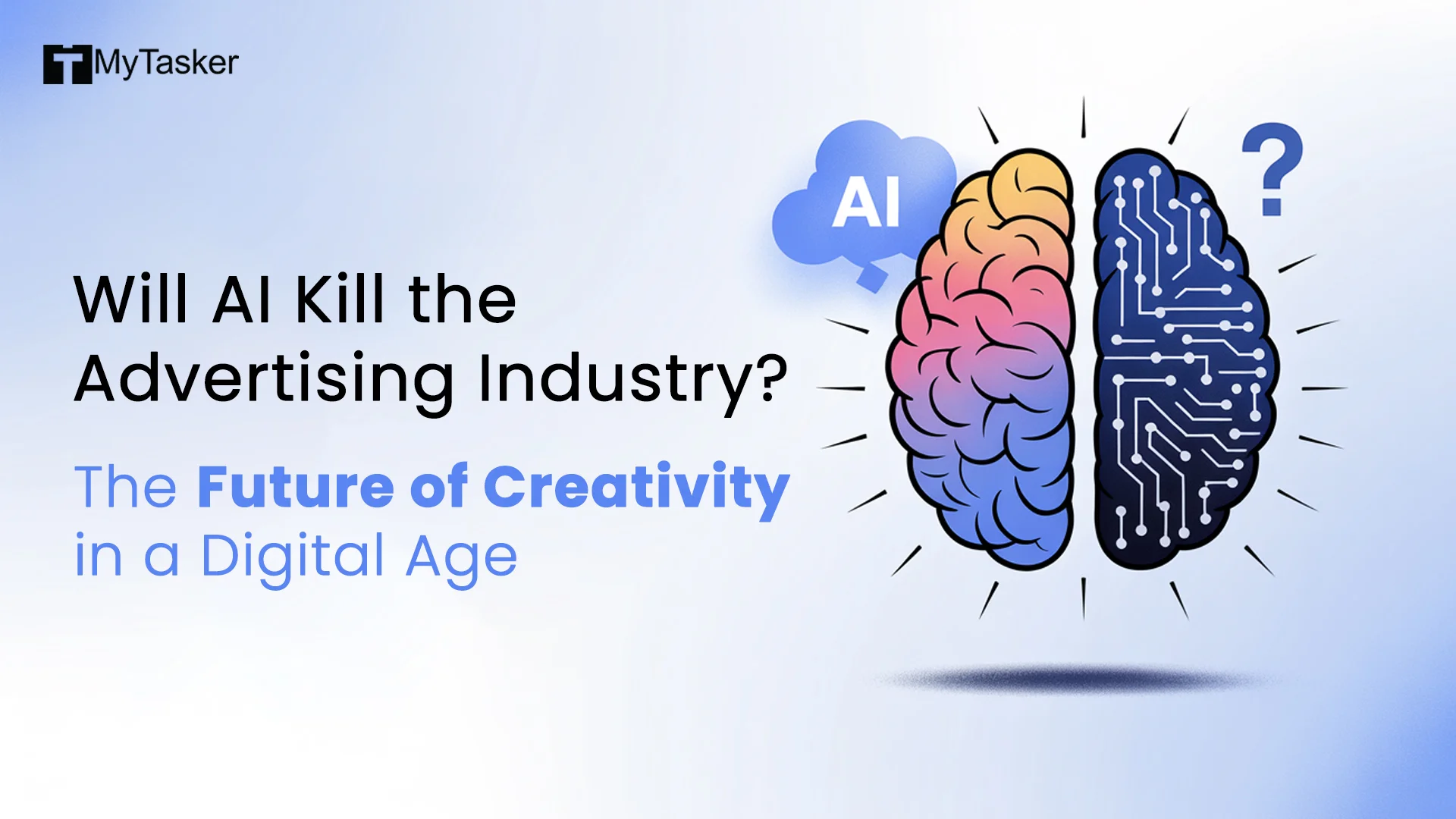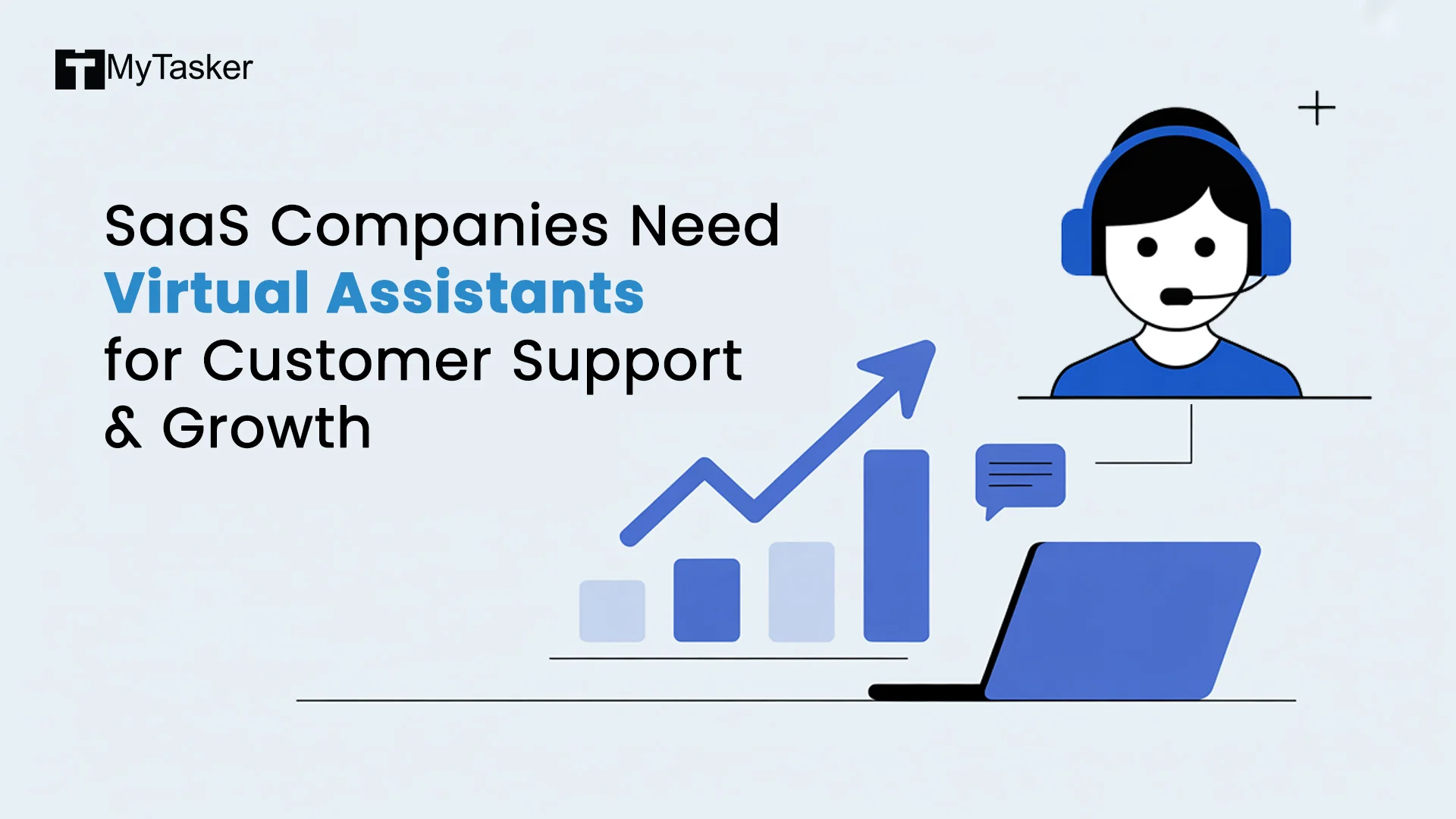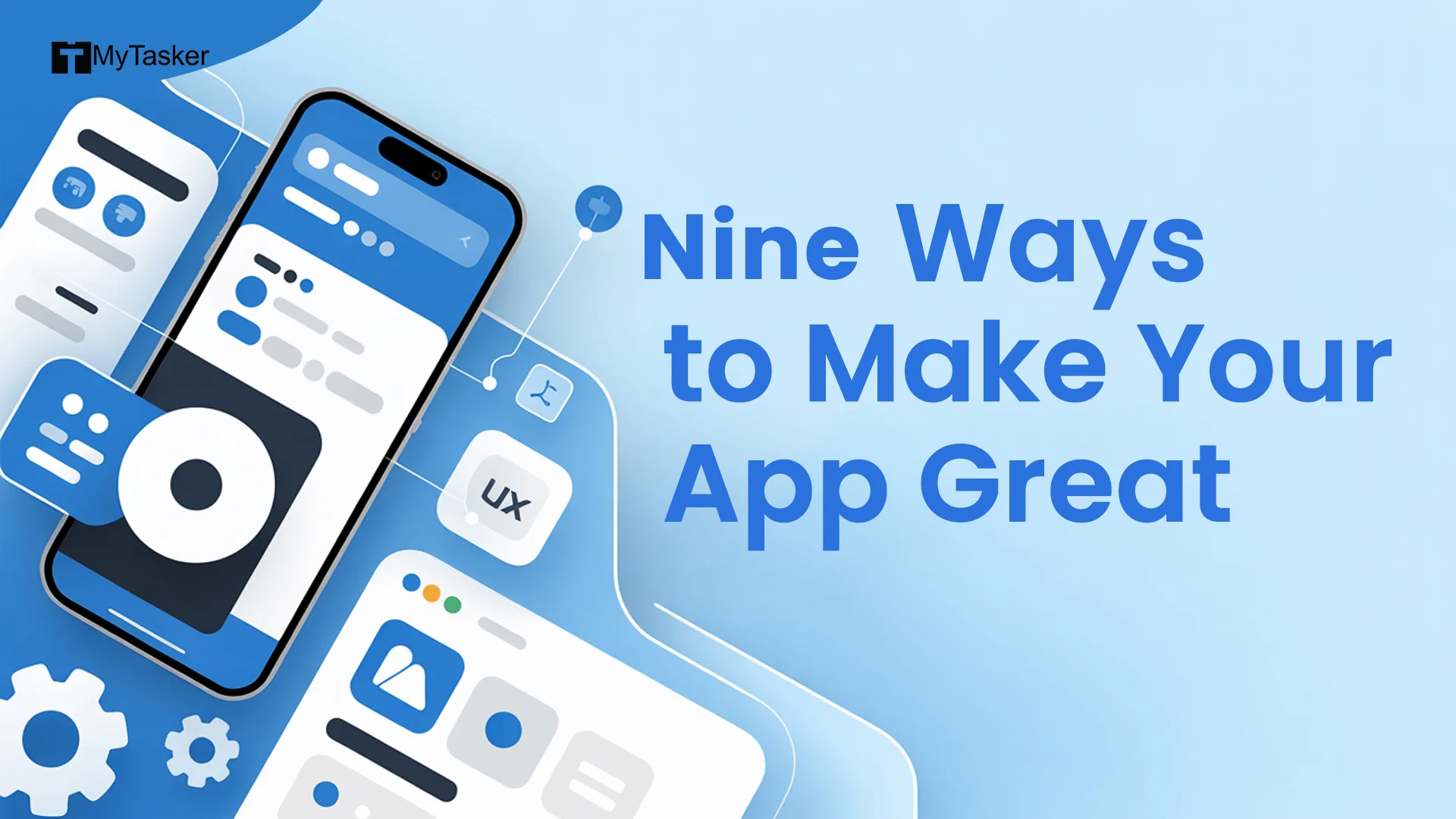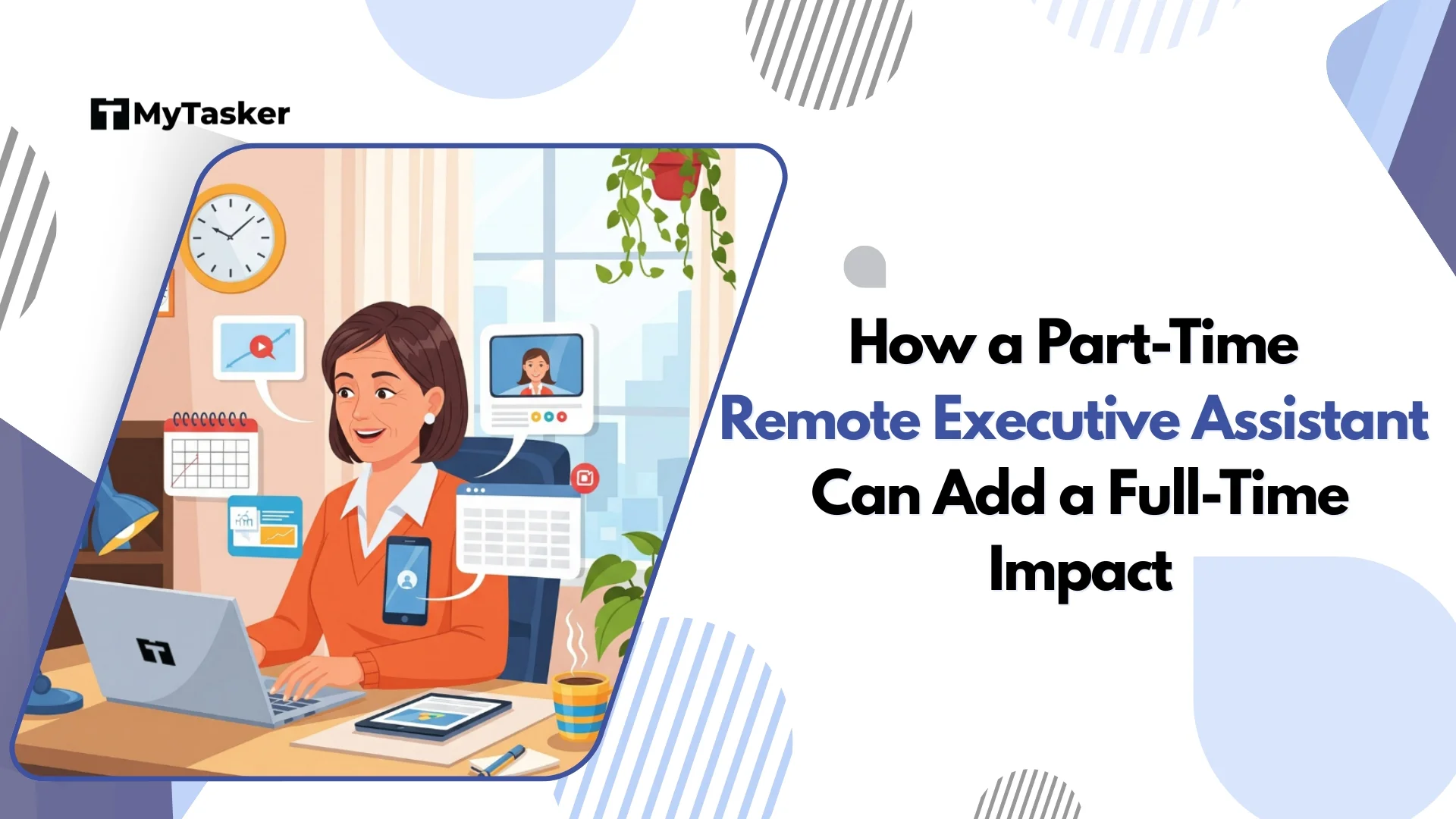No matter what you are doing right now, you are interacting with either an AI tool or a product produced by AI.
Since its release, AI has taken over the world. From composing visual content and creating compelling stories to handling customers and giving them uncompromising data security, everything can be achieved today with the help of AI.
So, why would Accounting be an exception?
Accounting with AI
AI in accounting is the practice of implementing modern technology, such as natural language processing and machine learning algorithms, to automate and boost different accounting operations.
AI boosts the efficiency of financial audit, reporting, and compliance, along with data analysis and fraud detection. Moreover, improving the accuracy of any task, eliminating unnecessary labor costs, boosting efficiency, and offering valuable data-driven insights for future prediction and decision-making processes is way more easier with AI.
Implementing AI in Accounting
Using artificial intelligence in accounting is not a new thing. In fact, it was one of the first industries to adopt this revolutionary technology before it was fully explored. However, recent AI developments have brought systemic shifts in the whole AI-accounting dynamics.
Let’s explore how AI is transforming the accounting sector -
Optimizing Productivity and Efficiency
Accounting has always been about scanning through large sums of data, which AI can do more efficiently than their human counterparts or any other manual methods. AI reduces the time to do some of the repetitive accounting tasks, all the while boosting its efficiency. Moreover, AI frees up your schedule to focus on more critical tasks at hand.
Auditing
Auditors in accounting play an important role that requires analyzing large data sets to figure out certain patterns and irregularities in the finances. Manual data auditing naturally takes a lot of time and effort to sort out a small chunk of data. However, AI implementation has made the process way simpler.
Furthermore, auditors can now analyze all the transactions in real-time with 100% accuracy in spotting risk factors. Therefore, they are now able to deliver higher-quality audits with unmatched accuracy to their consumers.
Tax Research
Tax research is another field in which AI has excelled. It is a relatively complicated task as it contains too much data, regulations, compliances, and rates from too many resources. Hence, going through all these sources to find a solution takes a lot of work. Also, sometimes, the resolution might contain misinterpretations and errors.
On the other hand, tax research with AI is a completely different scenario. Checkpoint Edge is a fine example of an AI-powered tax research tool that features the most sophisticated AI-backed algorithm. This tool incorporates an extensive amount of human-curated data along with a wide range of advanced machine-learning features. All these functionalities and features make it easier to provide real-time solutions that are highly accurate and presented in response to natural language questions. For effective solutions and professional tax research, seek assistance from an organization with a proven track record in accounting and tax services.
Document Processing and Automated Authorization
AI-powered document processing and automated authorization can enhance several internal accounting operations such as invoicing, procurement, purchasing, generating expense reports, purchase orders, receivables, accounts payable, and so much more.
The accounting sector has several corporate, federal, state, local, and internal regulations that must be followed through. Tax departments using AI tools for accounting services ensure that all the audits and documentation are done by adhering to the legalities, identifying and eliminating any frauds. It’s important to note that AI-powered tools can save your company up to $2.92 in expenses for each dollar lost due to fraud. AI tools cannot only identify fraud but also predict fraudulent behavior for further inspection. This is simply not possible to detect by human auditors.
Budgeting and Forecasting
With the use of budgeting and forecasting AI tools, account experts can automate both of these processes and streamline daily tasks.
Because AI can analyze data quickly and accurately, accounting firms can come up with reliable predictions and support you in making strategic decisions.
Similarly, getting real-time data on your business’s financial performance is now possible with AI tools for finance. With this real-time information, you can keep your company at bay from early financial harm.
Data Entry And Bookkeeping
Data entry and bookkeeping is the process of accurately storing the financial records of a business. Hence, it needs to be free of errors. Even though AI tools are sufficient to conduct both of these tasks with ease, it’s better to use these tools along with human expertise to avoid any predicted biases.
Will AI Be a Replacement for Accountants?
No. AI cannot replace the job roles of accountants. Instead, with every new AI advancement, accountants can evolve their skills and existing methods. Because accounting is a data-sensitive task that also requires constant surveillance, there will always be a need for human supervision before concluding.
Even though AI is already taking the accounting industry by storm, it is not possible to replicate all the aspects of a human accountant with this technology. Factors like ethical consideration, human judgment, and client interaction will always be an integral part of the accounting process. While AI makes it way more efficient to process data and make real-time decisions, you would still need to appoint a human employee to evaluate the outcome.
Getting Started with AI Accounting
Okay, so you already know all the important details about implementing AI into accounting. But what now? How do you start? Here’s a guide to help you with it…
Find Out Tasks That Need To Be Enhanced Through AI
While some tasks can be greatly improved with the application of AI tools, not all accounting operations require AI assistance. You need to figure out the tasks in the latter category. Data entry, auditing, fraud detection, and invoice processing are some of the accounting operations that can be improved with AI. Other than that, you can run a survey to figure out which other poorly delegated tasks can be executed with the AI tools.
Implement the Right Tool and Technology
Because AI has become more advanced since its launch, there are more AI tools and technology for accounting available in the market today than there were yesterday. Therefore, you need to be cautious when choosing technologies such as natural language processing, machine learning algorithms, or tools to automate your total accounting operations. Test the technology you want to implement before making the final call, and never compromise on your due diligence.
Train Your Team or Hire a Trained Team
Providing your employees with the necessary knowledge and training to operate such advanced technology daily is absolutely crucial if you want to make the most of the power of AI. You need to do so to save your money on resources that will be of no use to you at the end of the day.
Or you can opt to hire an already trained team of experts. They can, in return, not only help you to operate your business smoothly but also can train your existing employees on all things AI.
Progress Slowly
Start small and then proceed as you go. If you completely change the operating method of your accounting department, it might get confusing for your employees to keep up with the change.
On the other hand, scaling up gradually can help you with risk mitigation while maximizing the financial benefits.
Performance Monitoring and Evaluation
Make sure to keep an eye on the newly developed technologies to learn if they are working in your favor or creating more problems. Routine monitoring will help identify the problem areas and boost performance to meet your business objectives quickly.
Drawbacks of AI in Accounting
Although Artificial Intelligence in Finance offers numerous applications and advantages, it’s not without its shortcomings. Accountants are still not ready to embrace this new technology completely, as there have been some legitimate concerns surrounding it.
Here are two major challenges of implementing AI in accounting and finance -
Accountability
AI is the master of collecting, analyzing, and refining data. However, you need to make sure that the data you are feeding the software is legitimate because AI will give a resolution based on the data. So, if the data is not up to date or legitimate, the output will be filled with misinformation.
Security
Financial data is sensitive and highly confidential. Hence, accountants need to be very careful when handling data. Doing that can become challenging with AI in the scene. Choosing the right AI software with robust security measures will take care of the security issue. Having protocols and regulations in place to protect the information from third parties and hackers is a great way to use AI safely.
Emerging AI Accounting Software Every Accountant Should Know About
Karbon AI
This is an award-winning software that combines the efficiency of ChatGPT and generative artificial intelligence. It offers tailored solutions to every unique accounting problem.
Blue Dot
This is a financial platform that makes better use of AI to analyze employee transactions and offer information regarding VAT spend, employee spending, corporate tax income, and taxable employee benefits.
Receipt-AI
This platform is designed to manage all kinds of receipts effectively and efficiently. This receipt-management tool is easy to use as the user only needs to upload a picture of the receipt via a text message or email. This AI tool will then retrieve all the important information, saving 97% of the user's operating time.
Docyt
Docyt has numerous accounting automation tools that are backed by artificial intelligence and machine learning algorithms. There are two independent AI systems bundled in this platform: Generative AI and Predictive AI. Streamlining workflow is easier with Docyt with its enhanced security measures, scalability, and cost–efficient operations.
Rows AI
This cutting-edge tool significantly reduces human errors by promptly identifying discrepancies or anomalies in financial data. It enhances the complete audit process with its advanced data analysis and improves financial planning, investment decisions, and budgeting.
Vic.ai
This platform was developed to ease the accounting process by assisting human accountants. Vic.ai will take care of the time-consuming and repetitive tasks, while businesses can focus on more important chores, such as client handling, making strategies, and business analysis.
Chat Thing
If you are searching for a platform that will not only automate your accounting workflow but also maintain transparency between team members, Chat Thing is the one to go with. It reduces administrative overhead, maintains regulatory administration, and offers scalability along with data security.
Takeaway
Artificial intelligence in accounting is definitely a game changer, especially when it comes to gathering and analyzing a large volume of data in a jiffy. However, there are risks associated with it. You cannot completely automate your accounting process yet. Human accountants still need to be involved with the process to ensure the credibility and quality of the outcomes as well as to secure sensitive data.
If you are struggling to implement AI into your accounting operations, it’s time to consult with the MyTasker experts. With our expert help and guidance, you can seamlessly improve and boost the efficiency of your accounting department. Try our Exclusive Trial today and take the first step towards optimizing your finances and accounting endeavors.



_.jpg)
